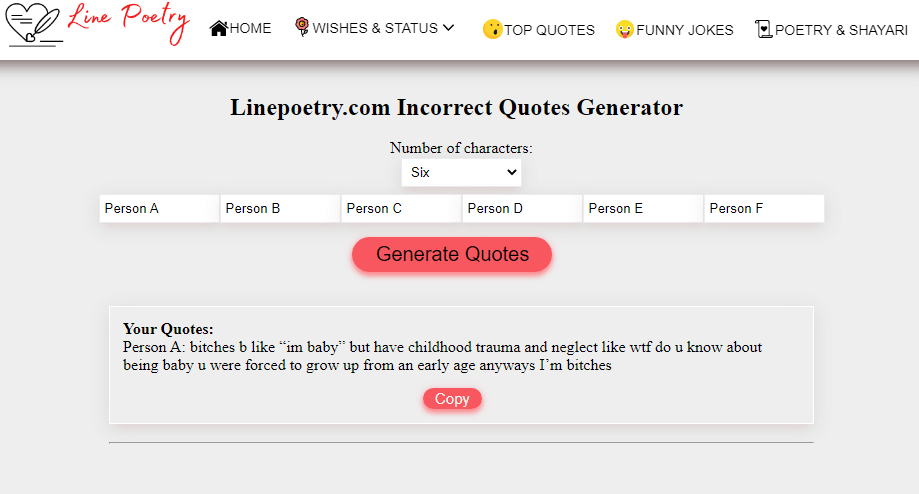In the digital age, data is everything. It is used to run businesses, make decisions, and keep track of our lives. Data can be used to improve our lives, but it can also be used to exploit us. Data breaches and cyber-attacks are a serious threat to our privacy and security. We need to be careful about how we collect, store, and use data. In this article, we will explore the power and perils of digital data in the information age.
Data is the lifeblood of the digital age
Data is the lifeblood of the digital age. It is used to run businesses, make decisions, and keep track of our lives. Data can be both a boon and a curse to individuals in the digital age.
Data is collected by corporations, governments, and other institutions in a variety of ways. Some data is collected through voluntary means, such as when we fill out surveys or sign up for loyalty cards. Other data is collected without our knowledge or consent, such as when we browse the internet or use social media.
Data can be used to improve our lives, but it can also be used to exploit us. Data can be used to target ads, manipulate public opinion, or interfere in elections. Data breaches and cyber-attacks are a serious threat to our privacy and security. We need to be careful about how we collect, store, and use data.
The potential benefits of harnessing data
Data have the potential to improve our lives in a number of ways. It can help organizations make better decisions, improve efficiency and productivity, and understand their customers better. Additionally, data can be used to personalize the customer experience and target marketing efforts.

When used effectively, digital data can be a powerful tool to improve decision-making. Data can help organizations identify problems and opportunities, track progress, and measure success. Additionally, data can be used to establish cause-and-effect relationships and predict future outcomes.
Digital data can also help organizations improve efficiency and productivity. By understanding how resources are being used, organizations can identify areas where improvements can be made. Additionally, data can be used to automate tasks and processes, freeing up employees to focus on more important tasks.
Data can also be used to understand customers better. Organizations can use data to track customer behavior, preferences, and needs. This information can then be used to tailor the customer experience and create more targeted marketing campaigns.
Overall, harnessing data has the potential to bring a number of benefits. When used effectively, data can help organizations make better decisions, improve efficiency and productivity, and understand their customers better. Additionally, data can be used to personalize the customer experience and target marketing efforts.
The dangers of data breaches and cyber attacks
Data breaches and cyber-attacks are a serious threat to our privacy and security. We need to be careful about how we collect, store, and use data.
Data breaches can lead to loss of customer trust and confidence, while cyber attacks can disable systems and disrupt operations. Data breaches and cyber attacks can also result in financial losses and damage reputations.
Organizations need to take steps to protect themselves from data breaches and cyber attacks, such as encrypting data, implementing strong access controls, and regularly testing their defenses. Individuals also need to be vigilant about their online activity and take steps to protect their personal information.

How to protect your data
Here are some tips to help you write this section:
– Use strong passwords and never reuse them
– Keep your software up to date
– Install anti-virus software
– Be aware of phishing emails
– Use a VPN when connecting to public Wi-Fi networks
It’s important to keep your data safe in the digital age.
Here are some tips on how to do that:
Use strong passwords that are a mix of letters, numbers, and symbols, and don’t reuse them. It’s also a good idea to use a password manager.
Keep your software up to date so you have the latest security patches.
Install anti-virus software and run regular scans.
Be aware of phishing emails pretending to be from companies you know or trust. Don’t click on links or attachments unless you’re sure they’re legitimate.
Use a VPN ( a virtual private network) when connecting to public Wi-Fi networks so your data is encrypted.
In conclusion, digital data is essential to the functioning of the digital age, but it can also be used to exploit individuals. Data is collected in a variety of ways, both voluntarily and without our knowledge or consent. Data can be used to improve our lives, but it can also be used to target ads, manipulate public opinion, or interfere in elections. Data breaches and cyber attacks are a serious threat to our privacy and security. We need to be careful about how we collect, store, and use data.
















